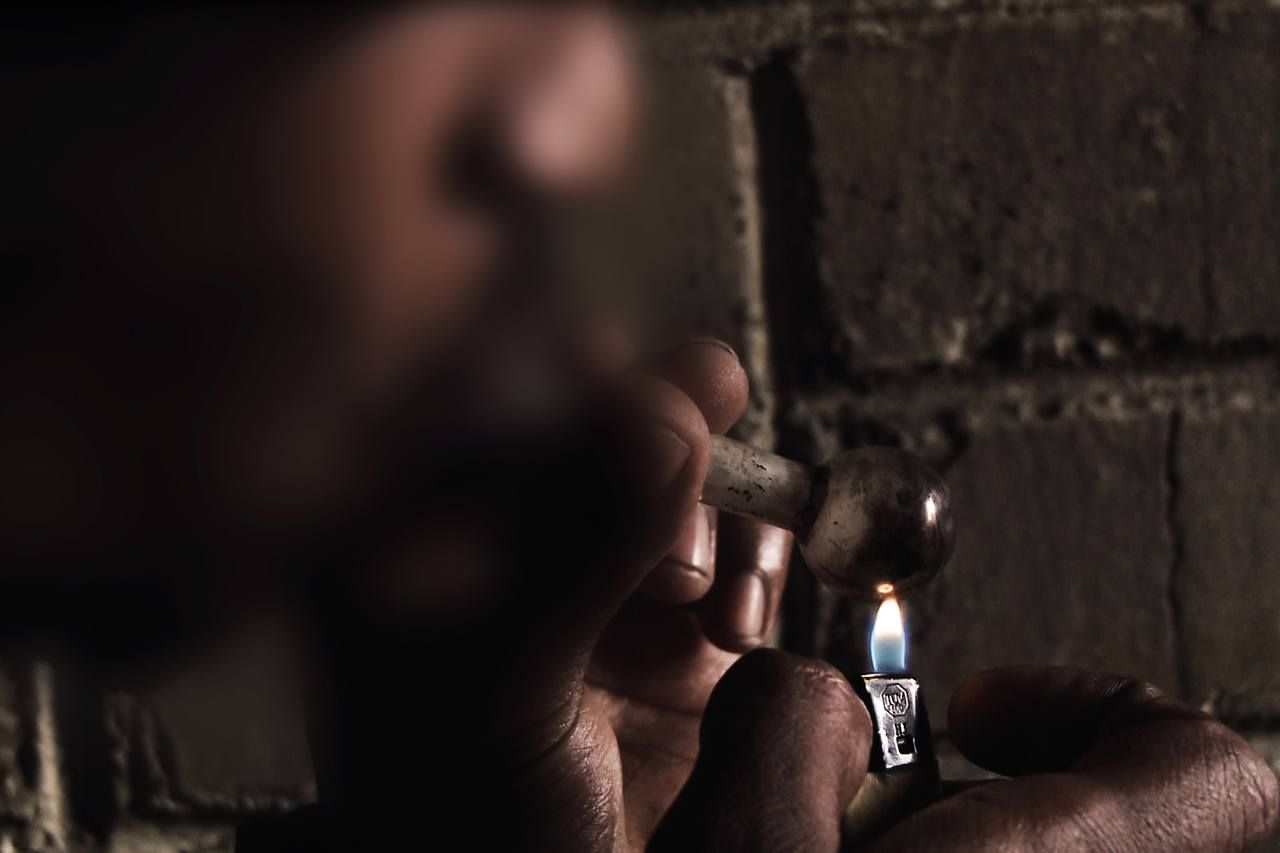In 2003, the drug commonly known as tik, was virtually unheard of in South Africa. Fast forward 15 years later and the drug has become the drug of choice, especially in the Western Cape. With a reported 27% of all rehab patients admitted for tik addiction in the Western Cape, experts are concerned about the rapid increase in use. What is particularly disturbing about tik is that it affects the frontal lobe of the brain leading to a marked increase in aggression and impulsivity.
WHAT IS TIK?
Known also on the streets as tuk-tuk, tik is the slang name for Crystal methamphetamine, one of the world’s most dangerous and addictive drugs. It’s also cheap and the effects of the drug last for up to 12 hours. Typically sold in “straws”, it can be bought for as little as R15. It’s sold in various forms ranging from a fine powder to larger crystals. The drug can then be snorted, taken orally, injected or smoked. In South Africa, smoking tik is the most common form of use.
THE IMMEDIATE EFFECTS
The immediate effects after using tik vary depending on the composition of the tik being used. Since tik is often “stretched” by adding talcum powder, baking powder or other similar ingredients, the effects experienced could be unpredictable.
- Energy levels spike. This causes the user to be more active and, in some cases, hyperactive.
- Loss of appetite.
- A strong sense of euphoria is also experienced.
- The user’s heart rate increases, resulting in excessive sweating.
- Users also become highly sexualised.
LONG-TERM EFFECTS
Following extensive use of tik, the physical effects become more noticeable and far more destructive.
- Due to a decreased appetite, significant weight loss can be seen.
- In some cases, tik could have the opposite effect and result in ravenous hunger.
- Users tend to become more irresponsible and daring in their actions, with little to no regard for the consequences.
- Mood swings and irritability become more prevalent.
- Difficulty sleeping is also experienced, resulting in low energy levels. This exacerbates the use of tik, as users then turn to the drug to up their energy levels.
- Users begin to lose interest in hobbies and social interactions. This often results in job loss as well.
- A user will also experience excessive sweating which could result in hyperthermia.
- Stomach and muscle cramps become more common.
- Due to gradual damage to the nervous system, users develop tremors in their hands, arms, head and legs.
- The user experiences excessive itching of the skin.
TIK-INDUCED PSYCHOSIS
Psychosis is one of the most common side effects of tik use, with more addicts being admitted to recovery centres now also requiring psychiatric treatment.
- The user begins to experience hallucinations even when not on the drug.
- Users become increasingly disoriented, unable to distinguish between reality and the hallucinations.
- The ability to communicate effectively deteriorates.
- Users also develop other mental disorders such as schizophrenia, depression and anxiety.
- Tik users become more paranoid and delusional, which leads to highly dangerous, aggressive and irrational behaviour.
If you believe that a family member is psychotic, it’s important to take him or her to a doctor. If a family member is acting irrationally, and violently, you may need to call the police who are trained to deal with such situations. They will contain the user and take them to a psychiatric setting at a State hospital. Here, the tik psychosis will be treated. In some cases the user may be referred to a State mental hospital for further treatment.
GET HELP
Due to the Western Cape having seen a dramatic increase in tik use over the past few years, a number of treatment centres have opened their doors across the province. The Western Cape Government has made a full list of treatment centres available on their Substance Abuse website. The site also provides useful links to those seeking more info on how to cope with addiction.
If you’re not living in the Western Cape, the South African National Council on Alcoholism and Drug Dependence (SANCA) has various services available to those struggling with substance abuse.
Alternatively, the South African Depression and Anxiety Group (SADAG) launched a substance abuse helpline in collaboration with the Department of Social Development.
Family members also have the option of involuntary committal. Speak to your nearest out-patient treatment centre for further information. A court can force treatment upon out-of-control addicts who refuse to go for treatment. Often these court hearings are not concluded because the addict agrees to go into treatment.
Sources: SANCA | Department of Social Development | United Nations Office on Drugs and Crime | Western Cape Government

